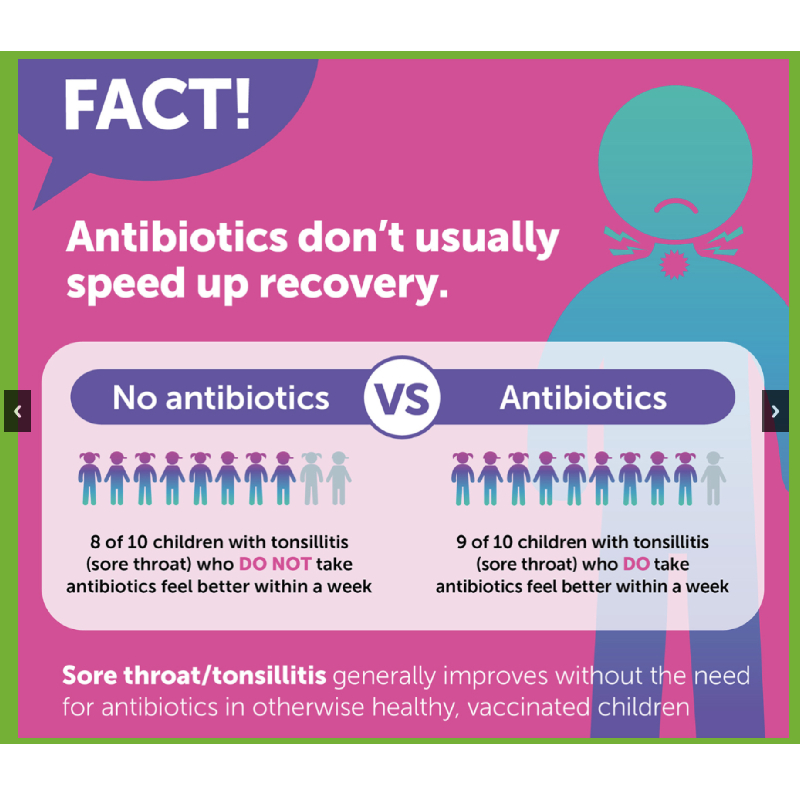Reducing unnecessary usage
Overuse of antibiotics contributes to antimicrobial resistance. Antibiotics can also cause side-effects such as diarrhoea, nausea and vomiting. Where the decision is not to give an antibiotic, there is good evidence that many patients are satisfied if listened to carefully, examined thoroughly and provided with an explanation with alternatives recommended for relieving symptoms.
Studies in general practice found there is often a mismatch between what the GP thinks the patient wants and what the patient actually wants – and this may happen with pharmacist consultations as well. The Royal College of General Practitioners developed the CHESTSSS consultation structure as part of the TARGET toolkit ‘Finding the right words’, based on evidence for effective communication strategies when discussing antibiotics with patients.
A useful way to think about the consultation is the three E’s (Figure 1). Figure 2 shows how CHESTSSS can be tailored to a consultation about sore throat. Infographics can be helpful when discussing antibiotic use with patients (e.g. see below, courtesy of Healthier Together and the Royal College of Paediatrics and Child Health), while self-care advice (Figure 4) aims to prevent dehydration where there is fever and to manage the discomfort of the condition.

